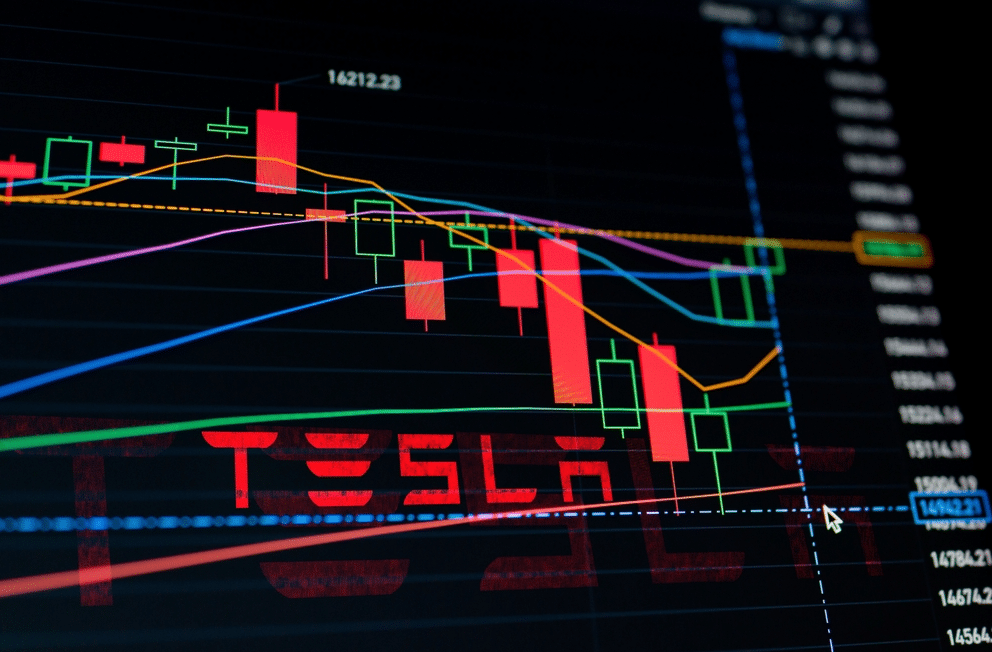Elon Musk is no stranger to financial turbulence, but this time, the blow was particularly severe. In just one brutal day, Musk saw his net worth plummet by a staggering $29 billion — a sum greater than the GDP of some smaller nations.
So, what triggered the financial nosedive? A sharp 15% drop in Tesla’s stock price sent shockwaves through the market. Analysts scrambled for explanations, investors hit the panic button, and social media lit up with memes. The dramatic decline underscored just how volatile Musk’s wealth can be — though he’s far from needing to count spare change.
This wasn’t a random dip. A combination of political backlash, economic uncertainty, and intensifying competition contributed to the downturn. Broader market instability, especially in the tech sector, led investors to shy away from high-risk assets amid growing fears of an economic slowdown. Tesla, having experienced rapid growth, felt the impact more acutely than many of its peers.
Another major factor was Tesla’s performance in China. The electric vehicle market there is more competitive than ever, with local brands like BYD gaining ground. Tesla’s Shanghai plant saw sales plunge nearly 50% in February — the steepest decline in over a year. Investors took notice, and their reaction only deepened Musk’s financial losses.
Adding to the storm was Musk’s involvement in politics. His recent appointment to the Department of Government Efficiency (DOGE), and rumored ties to former President Donald Trump, drew sharp criticism. While Musk claimed his aim was to reduce waste, many weren’t convinced. The backlash included boycott calls and protests at Tesla dealerships, with some investors fearing lasting damage to the company’s brand.

Elon Musk is known for keeping his composure, but this particular loss seemed to rattle him. During a recent interview with Fox Business, he appeared visibly frustrated. When questioned about how he manages his many ventures, Musk admitted it was no easy task, responding with a telling, “With great difficulty.” He also defended his role in government, insisting that his aim was to improve efficiency, not to engage in politics.
Despite the staggering $29 billion setback, Musk still holds the title of the world’s richest person, with an estimated net worth of $301 billion. But this episode highlights just how unpredictable his financial standing can be. His immense wealth is largely tied to Tesla’s stock performance — a double-edged sword that can both elevate and endanger his fortune.
This situation underscores not only Musk’s personal financial volatility but also the broader instability of the tech industry. Stock values fluctuate, market conditions evolve, and even the most prominent figures aren’t immune to dramatic losses. Tesla’s recent decline has also sparked questions about the future of electric vehicles. Can the company maintain its leadership, or will emerging competitors gain the upper hand?
While Musk is known for thriving under pressure, the road ahead is lined with growing challenges. Investors and fans alike are watching closely as the next chapter unfolds.

Tesla now faces the challenge of regaining investor confidence. To do so, the company must prove it can remain competitive — especially in the critical Chinese market. Stronger global sales, smarter pricing strategies, and continued innovation could help restore faith. Investors will also be closely watching how Musk balances his time between Tesla and his other ventures.
Known for his resilience, Musk may already be working on a plan. His knack for innovation and adaptability has kept Tesla at the forefront of the electric vehicle industry. The question now is whether this recent setback is just a temporary stumble — or a sign of deeper, more lasting challenges ahead.


